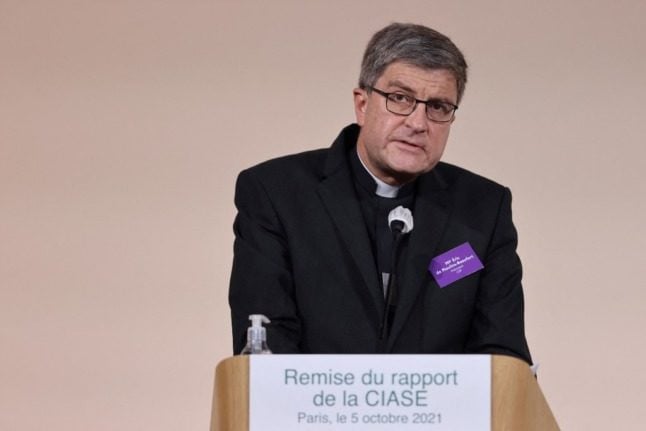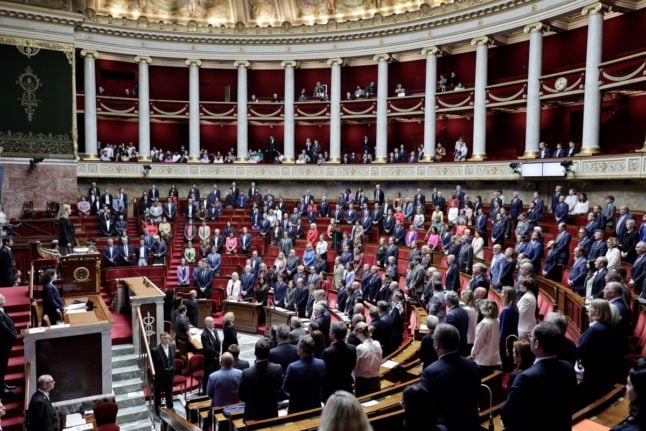Archbishop Eric de Moulins-Beaufort made the remark after a government inquiry lifted the lid on “massive” sexual assault in the French Catholic Church, estimating 216,000 victims over 70 years in systemic abuse covered up by a “veil of secrecy.”
The commission recommended a series of measures to protect minors from predatory clergy, which included priests informing prosecutors of any child abuse they hear mentioned during the act of confession, a sacrament traditionally bound by strict secrecy.
“We need to find another way of doing this,” Moulins-Beaufort, head of the Bishops’ Conference of France (CEF), told France Info radio on Wednesday.
The secrecy of confession “is above the laws of the Republic. It creates a free space for speaking before God,” he said.
His words were in line with new Vatican guidelines, released last year on handling clerical child abuse cases, which state that any crime discovered during confession is subject to “the strictest bond of the sacramental seal.”
But in France, victims’ advocates reacted furiously to the archbishop’s remarks, saying that while French law recognises professional confidentiality for priests, it does not apply in cases of violence or sexual assault against minors.
“Nothing is above the laws of the Republic,” government spokesman Gabriel Attal said on Thursday.
Moulins-Beaufort has been summoned to appear before Interior Minister Gérald Darmanin early next week “to explain his comments,” the minister’s office said.
Attal said President Emmanuel Macron asked Darmanin to hold the meeting.
The French archbishop on Tuesday expressed his “shame and horror” when the landmark report was released after a more than two-year investigation.
Pope Francis also expressed his “shame for the inability of the Church for too long” to put victims at the centre of its concerns.



 Please whitelist us to continue reading.
Please whitelist us to continue reading.
I can understand the confidentiality of the confession. But sexual abuse against minors is one area I believe where it should change. I view this as the Church says all life is scared. I belive it is. But what do you do when this childs has changed because they were abused? Does that not violate this? Sexual abuse is a demeaning of the individual in the face of God, and also the position of the Church that life is sacred. Sexual abuse demeans the love of God for us. It cheapens the concept. Is this what the Church wants to accomplish? I go to confession. I know that everything I tell my priest will be held in confidence, never to be told to anyone. Except, when a life is put in danger by abuse, the church must act. This is what God will want us to do. This is not 1200, this is 2021. Situations change. And so must the chuirch on this 1 issue. Everything else can stay between you and your Priest. Now Priests, let me pose this question to you. What do you do if the child has not been confirmed? They are NOT an adult in the eyes of the Church yet. You have an obligation to protect them. And what will you do about unbaptized children of Catholic parents?